With the completion of the West Calgary Ring Road (WCRR) ahead of schedule and under budget, a project conceived decades ago is finally complete.
The WCRR opened to traffic on Dec. 19, 2023 and is the final section of the Calgary Ring Road project, which provides more than 100 kilometres of free-flow travel circumnavigating the city.
But the project began in the mid 20th century when forward-thinking planners forecast a much larger population base in Calgary then was present at the time.
“The entire Calgary Ring Road project is pretty unique in Alberta. The initial concept was planned by the Alberta government back in the 1950s, that Calgary would eventually grow into the space, and in the 1970s the provincial government started buying land right of ways along the utility corridor around the city, big milestones in 1999 (Northwest Stoney Trail construction), 2009 (Northwest Stoney Trail opening), 2013 (Southeast Stoney Trail opening), 2020 (Tsuut’ina Trail opening) and then finally the last leg being this $90 million stretch of the WCRR,” said Alberta Minister of Transportation and Economic Corridors Devin Dreeshen.
He credited the contractors on the project, including lead company Graham Construction, for completing the massive project quickly and efficiently.
“It was a lot of good work with the contractors we had, Graham Construction and others to be able to make sure we could get it completed as soon as possible, and to have a 10-month opening for the last leg of this $4 billion-plus project is a really nice way to cap it off,” he said.
The entire WCRR project consisted of three sections, a north section involving three kilometres of six and eight lane divided freeway, reconstruction five kilometres of Highway 1 and one kilometre of Valley Ridge Boulevard NW and two interchanges.
A second four-lane bridge was also twinned to the existing Bow River Bridge and the project also included the widening of two kilometres of Soney Trail NW. The final portion completed last month was not as complex but still involved five kilometres of six and eight lane divided freeway, reconstruction of one kilometre each of the Old Banff Coach Road SW, Bow Trail SW and 17 Ave SW, and four interchanges.
“North of the Trans-���ϳԹ���, going across the bridge and across the Bow River was obviously a very tricky leg, and then the overpasses on the Trans-���ϳԹ��� were some pretty impressive engineering and design just by the Calgary farmer’s market. This last leg was south of that and a lot simpler because there were no bridges, but with any kind of construction you don’t really know what’s underneath until you start digging in,” Dreeshen said.
Dreeshen added since he became minister of transportation and economic corridors the department has examined different forms of procurement to in order to be “more hands-on or engaged when it comes to design-build.”
“I think that helped in this process because there weren’t any surprises and there wasn’t a lot of work that had to be undone and redone, which I think went a long way. Department officials working well with contractors played a part in getting this done so quickly,” he said.
Dreeshen pointed to the foresight of Calgary’s original planners as a key to the success of the project in 2024.
“Back in the 1950s, they saw what could be and I think it’s really smart civil engineering and planning that does take decades, but for it to actually be the success story that it is today, goes to show having smart people designing in these kind of big, major projects has generational benefits if done right,” he said.


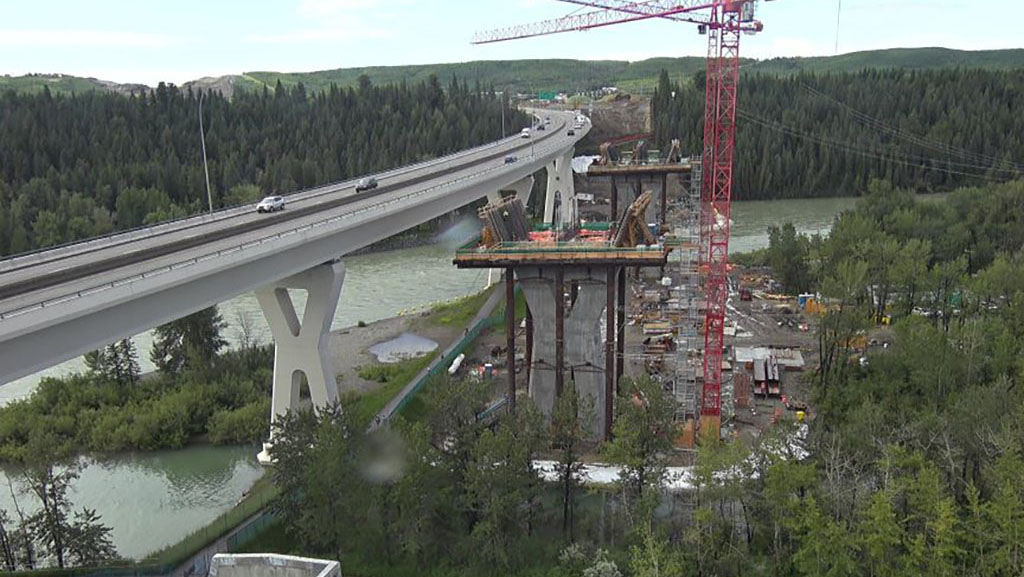
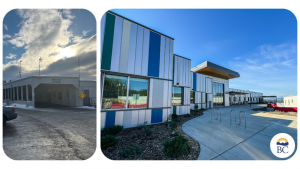
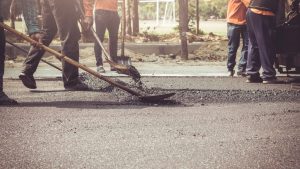

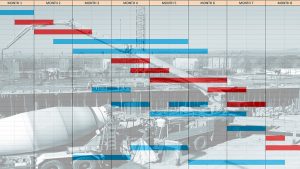
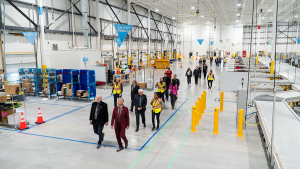

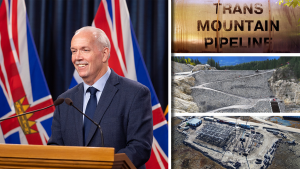
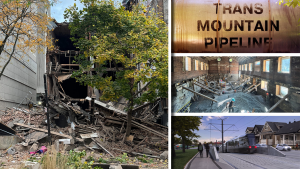
Recent Comments
comments for this post are closed